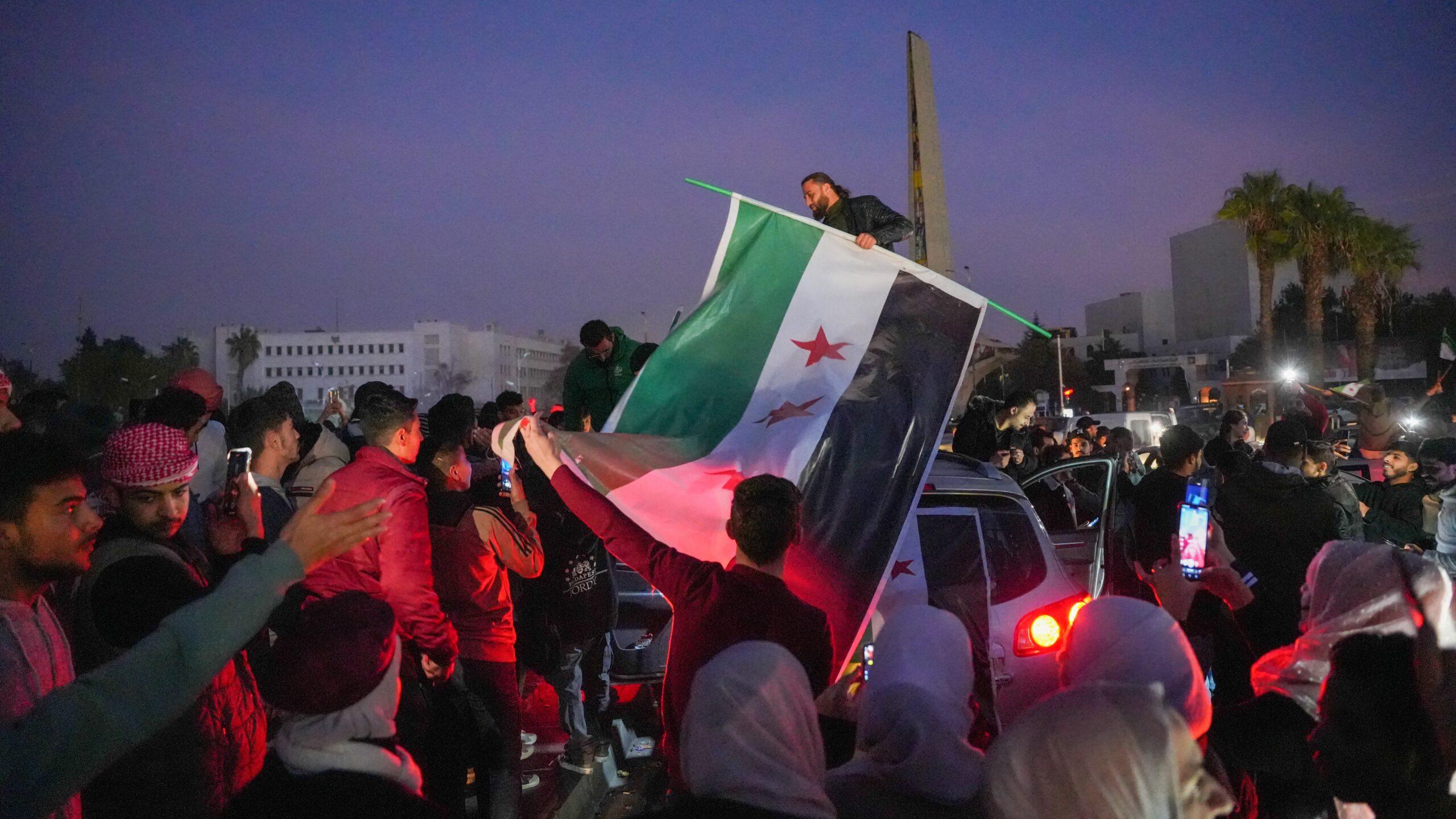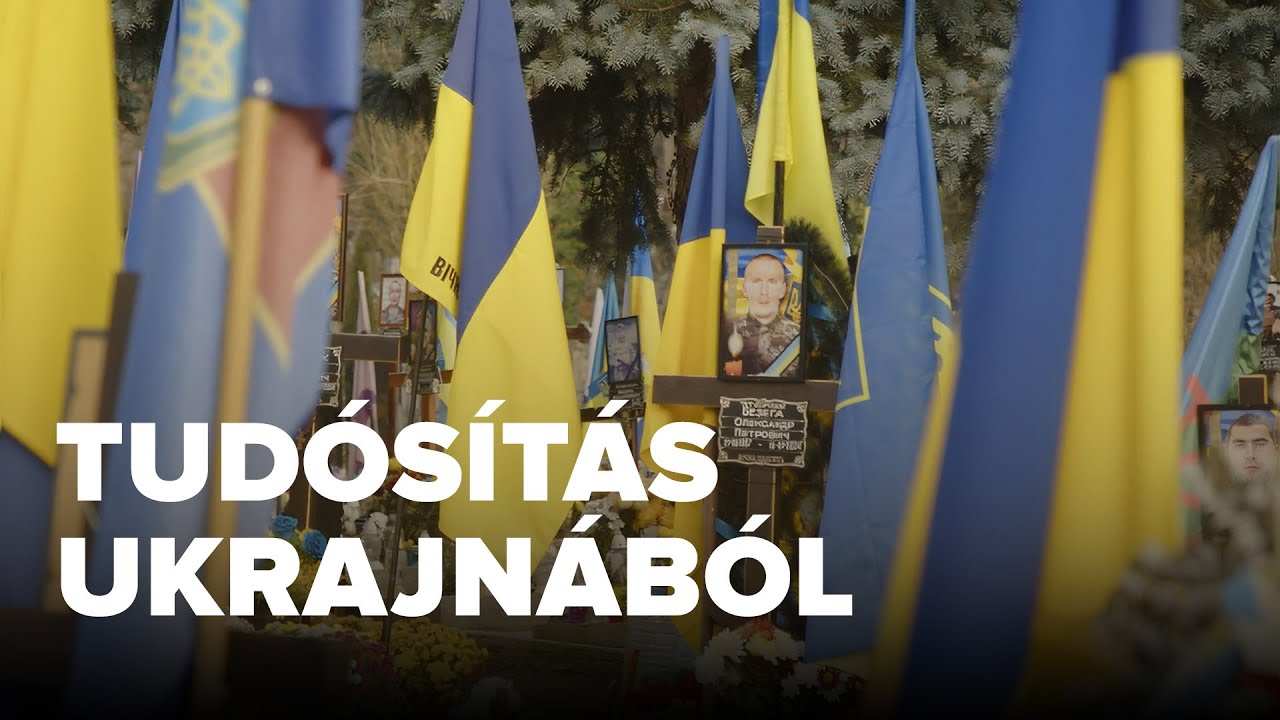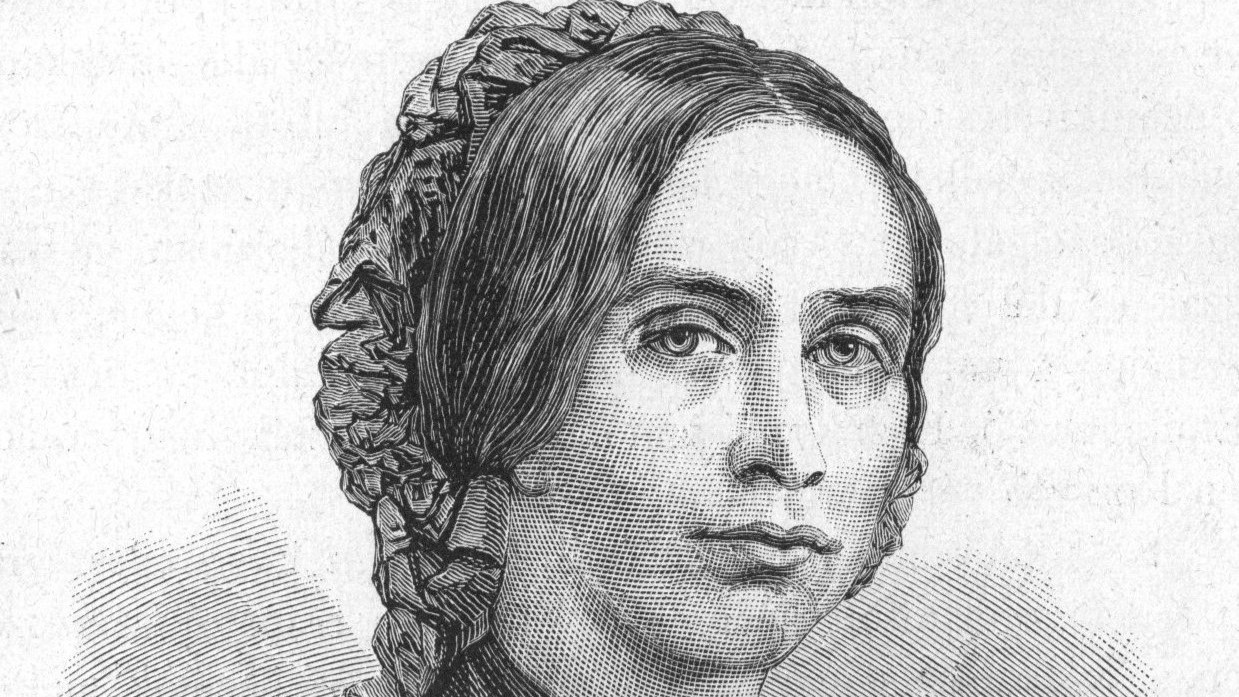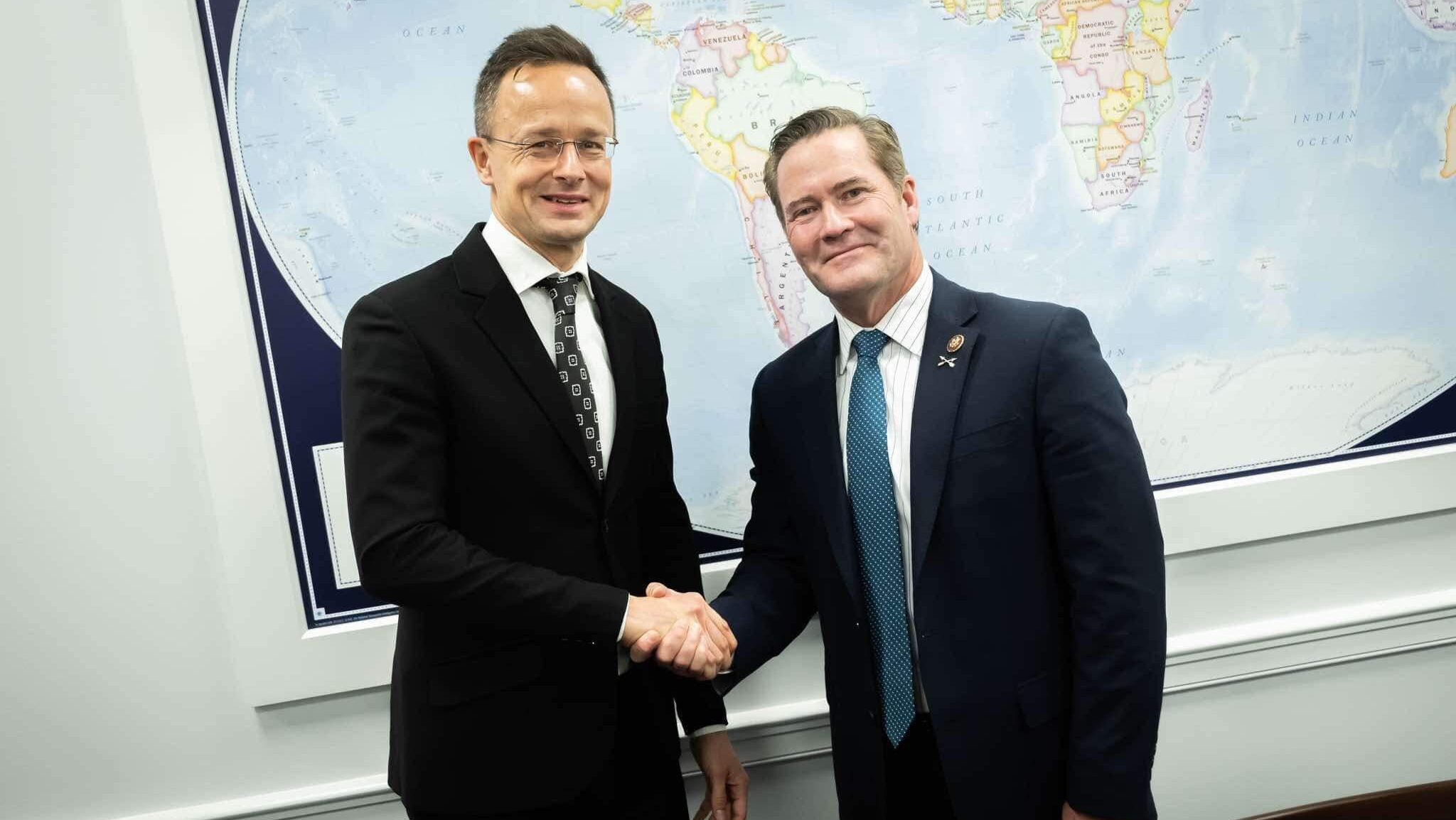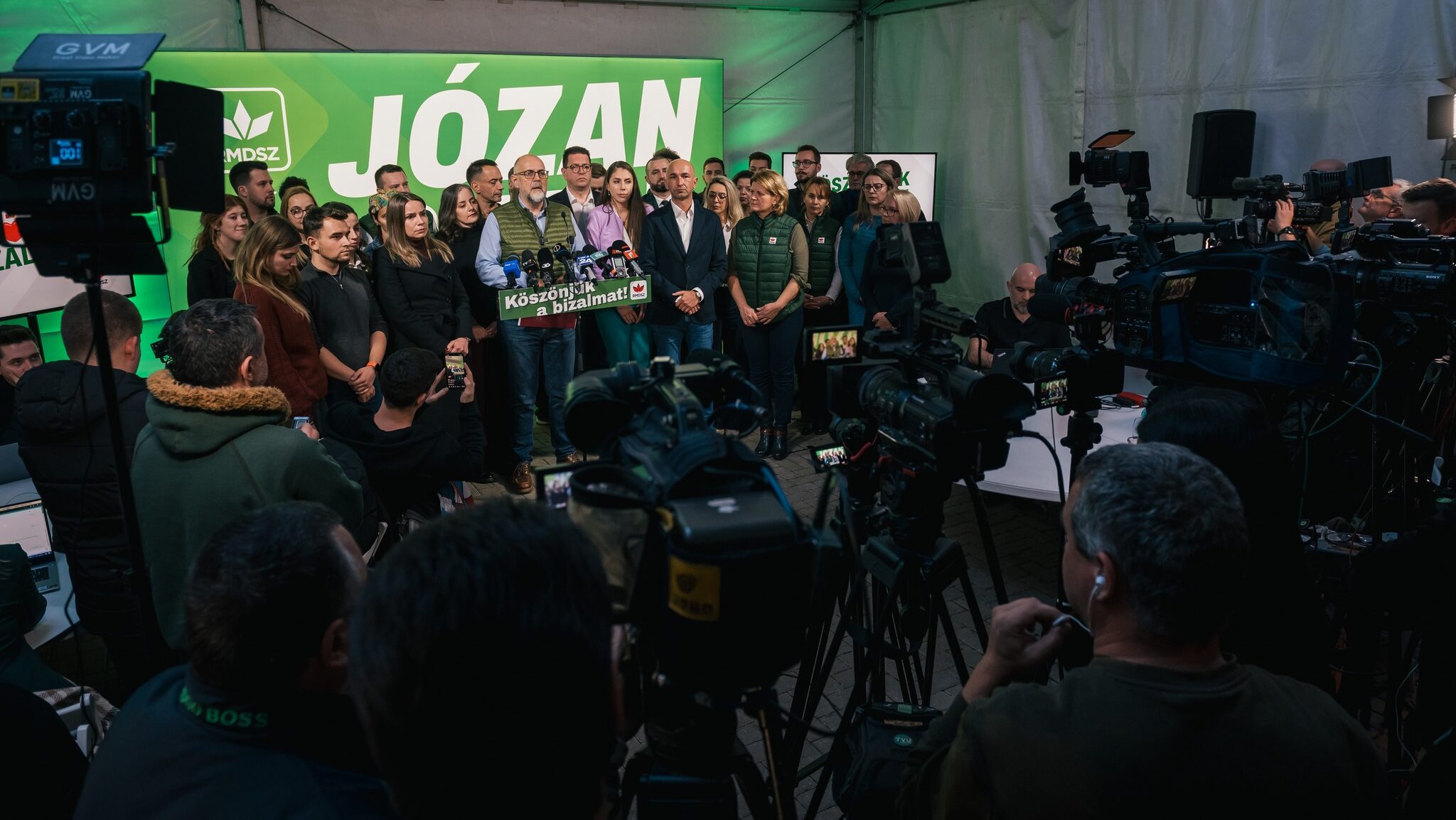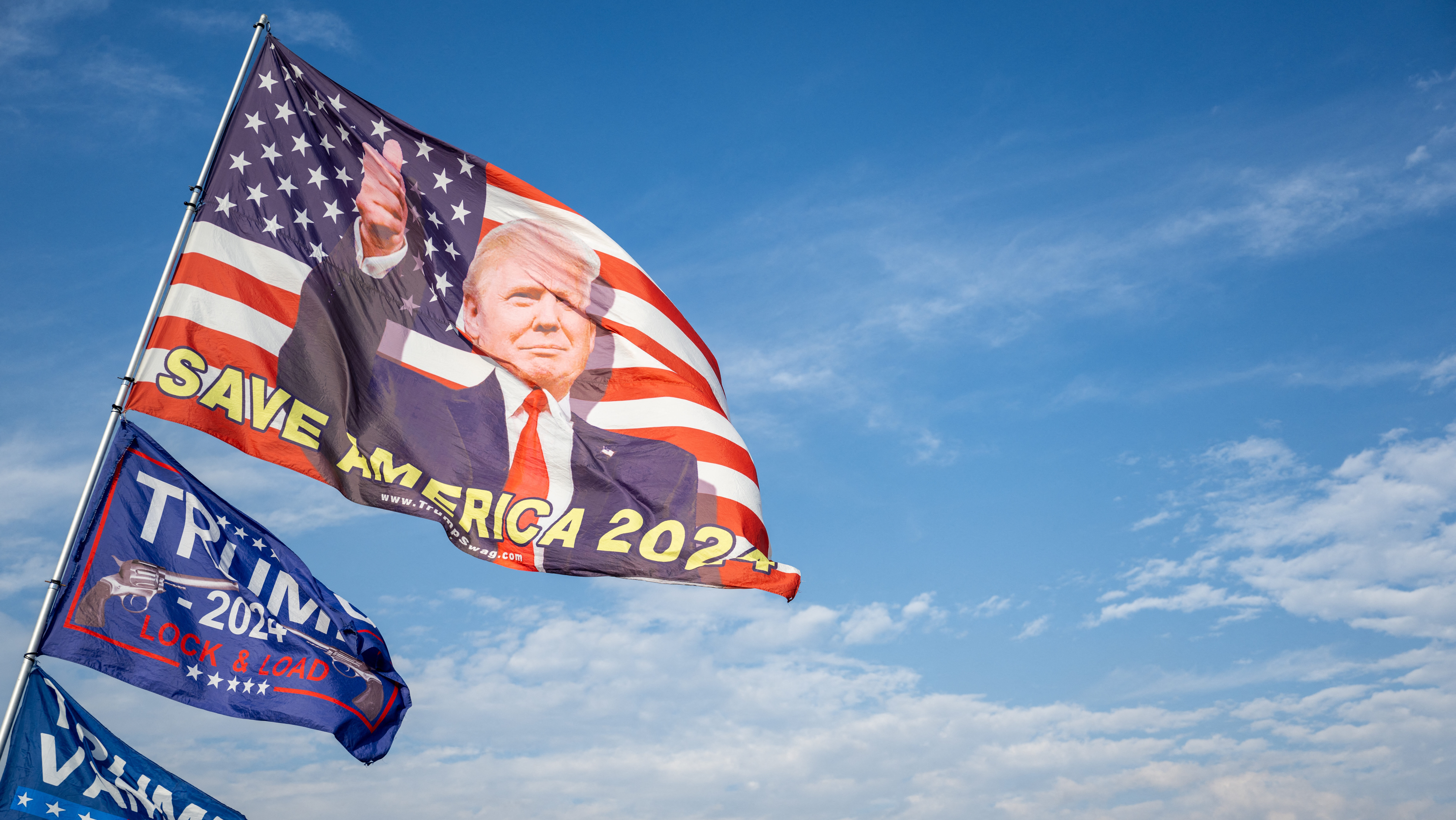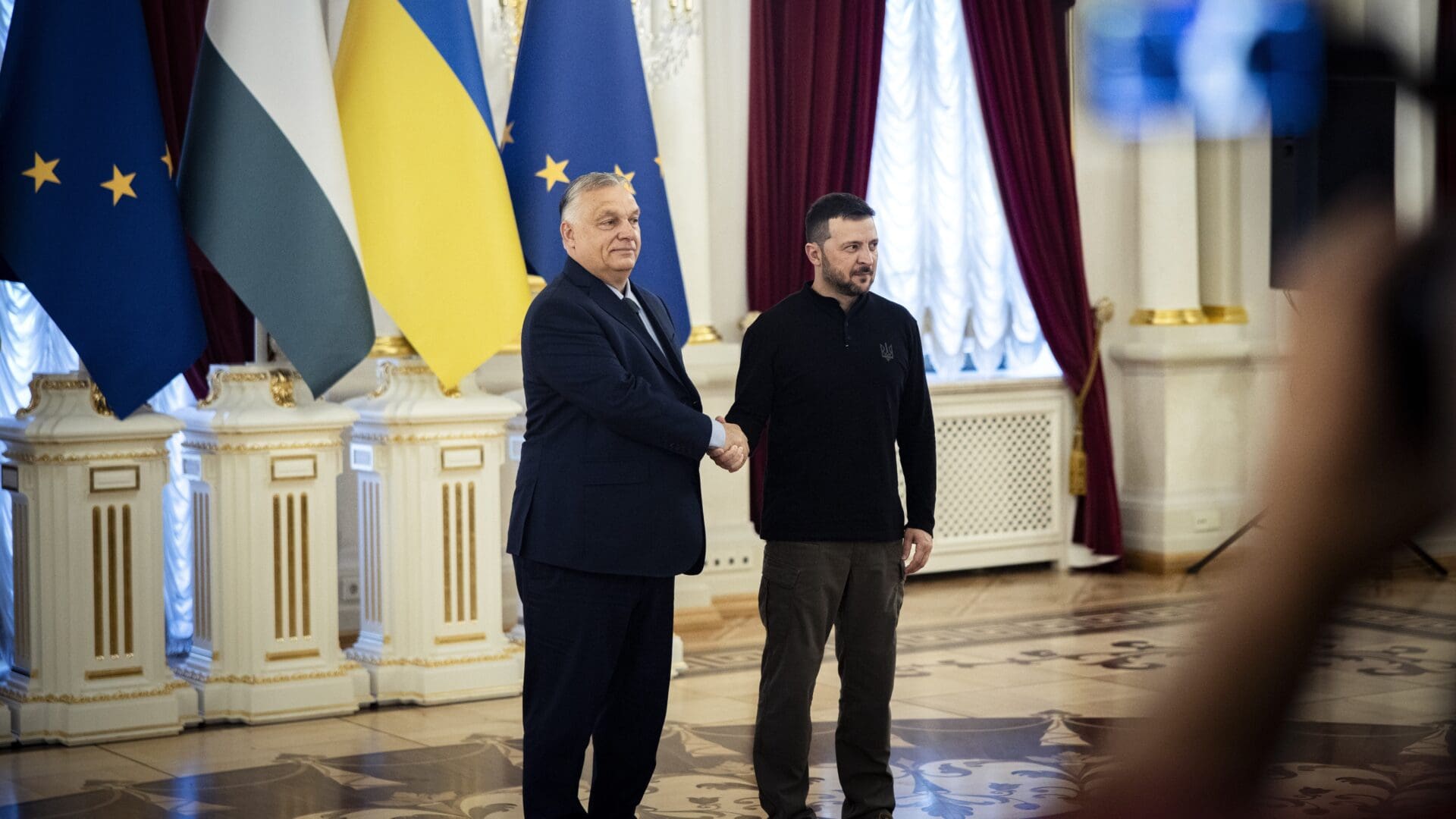
Orbán Proposes Christmas Ceasefire, Zelenskyy Sweeps it Off the Table
Hungarian prime minister Viktor Orbán proposed a Christmas ceasefire and a large-scale prisoner exchange between Ukraine and Russia as a conclusion to Hungary’s EU Presidency. However, Ukrainian president Volodymyr Zelenskyy dismissed the proposal outright, stating: ‘There can be no discussions about the war that Russia wages against Ukraine without Ukraine.’

